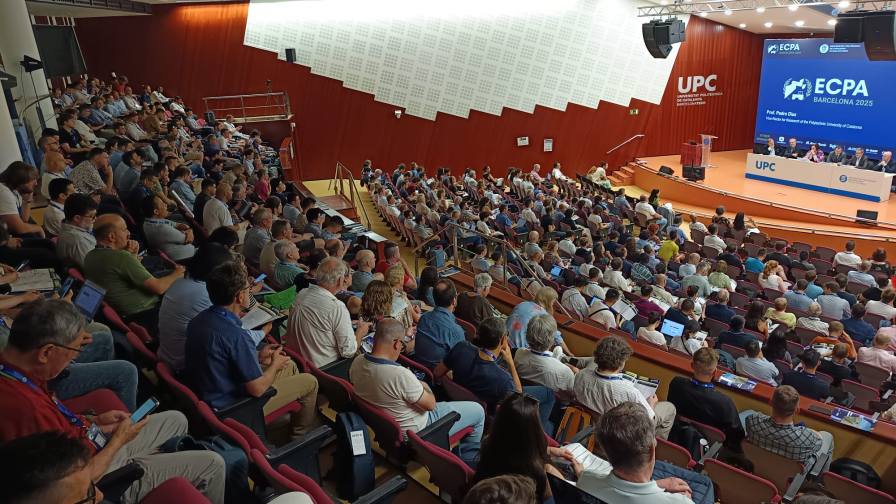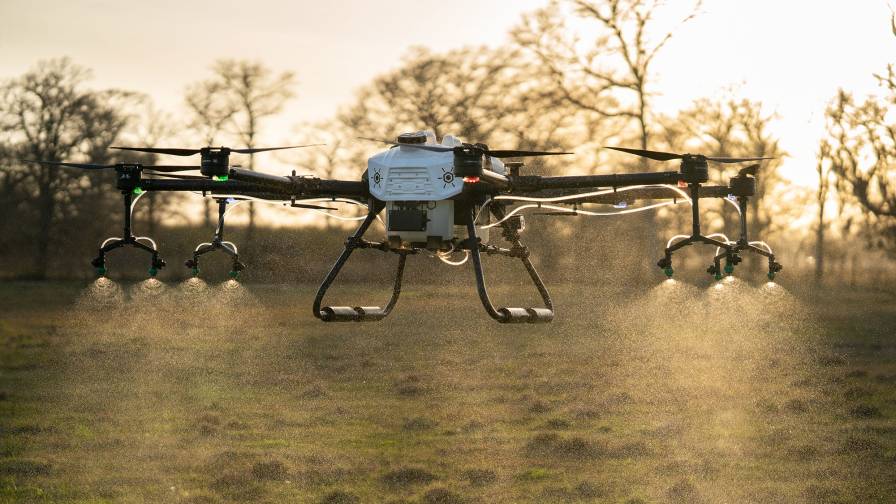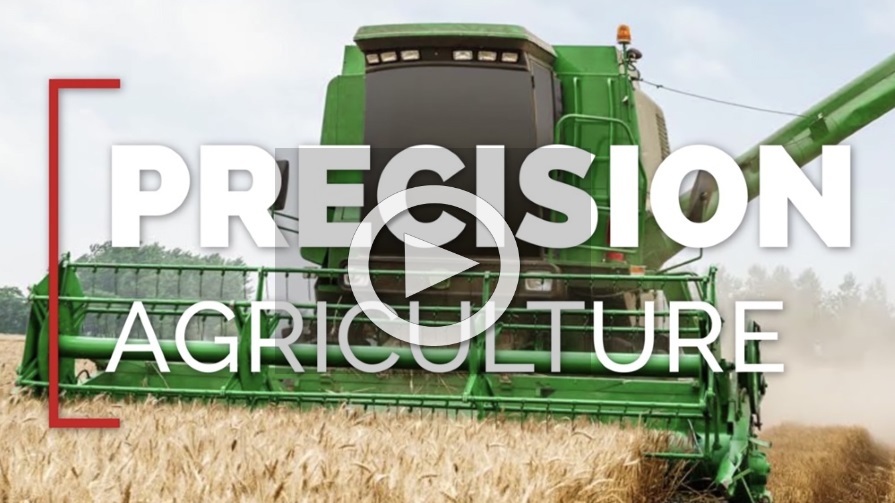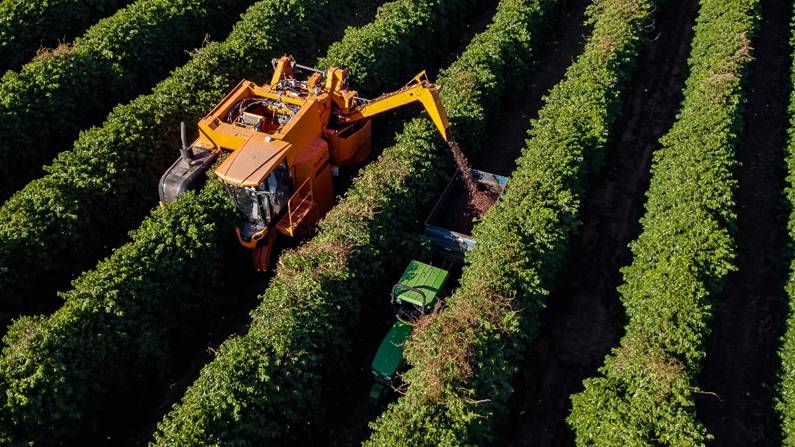The Impact of IoT on Crop Management and Yield Optimization
The advent of the Internet of Things (IoT) has brought about a revolutionary approach to agriculture, particularly in the areas of crop management and yield optimization, according to Fagen Wasanni. This innovative technology has the potential to transform the agricultural sector, making it more efficient, productive, and sustainable.
IoT, a network of interconnected devices that communicate and exchange data, has been increasingly adopted in various sectors, including agriculture. In the context of farming, IoT devices such as sensors, drones, and automated machines are used to collect and analyze data on various aspects of crop growth and environmental conditions. This data-driven approach allows farmers to make informed decisions, leading to improved crop management and yield optimization.
One of the key benefits of IoT in agriculture is precision farming. This involves the use of IoT devices to monitor and manage crops at a granular level. For instance, soil sensors can provide real-time data on soil moisture, temperature, and nutrient levels. This information can help farmers determine the optimal time for planting, watering, and fertilizing crops, thereby reducing waste and improving yield.
Drones equipped with advanced sensors and imaging capabilities are another example of IoT technology in agriculture. These drones can capture detailed images of crop fields, enabling farmers to detect signs of disease or pest infestation early on. This early detection can lead to timely intervention, preventing crop loss and ensuring a healthy yield.









